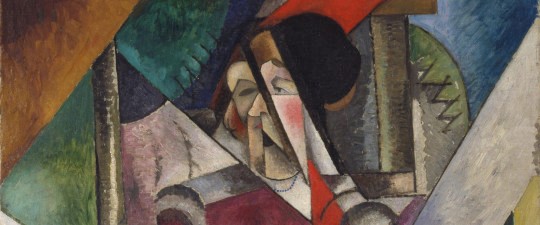Peggy Guggenheim? Ilya Ilyich Oblomov? Samuel Beckett?

Question for Quote Investigator: Peggy Guggenheim was one of the most powerful and influential collectors of modern art in the twentieth century. Yet, her initial tastes in art were classical. She preferred the works of old masters. Her viewpoint changed dramatically during a tempestuous love affair with an author and playwright who later became a Nobel Prize winner, Samuel Beckett. He suggested to her that one should accept the art of the day because it is a living thing. Would you please help me to find a citation?
Reply from Quote Investigator: In 1946 “Out of This Century: The Informal Memoirs of Peggy Guggenheim” appeared. The wealthy socialite described her intense relationship with Samuel Beckett during the 1930s, but she used the pseudonym “Oblomov” for Beckett. Ilya Ilyich Oblomov was the main character in a novel by the Russian writer Ivan Goncharov. Guggenheim’s name choice reflected an intriguing insight into Beckett’s nature. Oblomov’s nearly stationary ineffectuality was mirrored in the behaviors of several characters in Beckett’s later works.
Guggenheim did not use quotation marks when she relayed the advice she heard from Beckett. Boldface has been added to excerpts by QI:1
In spite of the fact that I was opening a modern art gallery in London I much preferred old masters. Oblomov told me one had to accept the art of our day as it was a living thing. He had two passions besides James Joyce. One was Jack Yeats and the other a Dutch painter, Van Velde, a man of nearly forty, who seemed to be completely dominated by Picasso. To please Oblomov I bought a picture of Van Velde’s and promised to give him a show in London.
Below are additional selected citations in chronological order.
Continue reading “Quote Origin: One Had To Accept the Art of Our Day As It Was a Living Thing”







